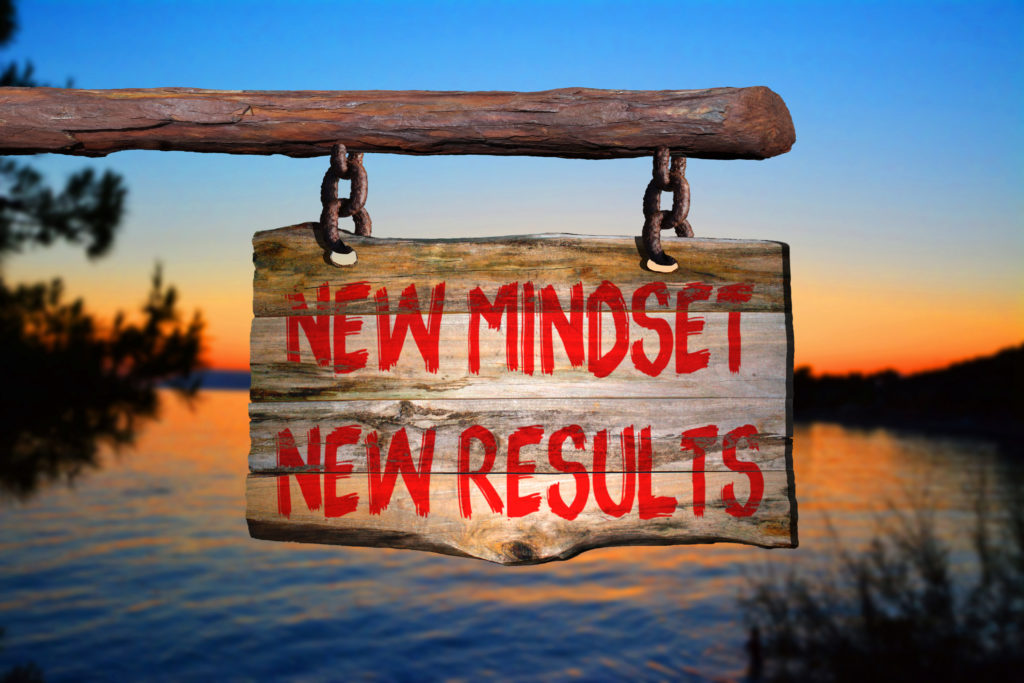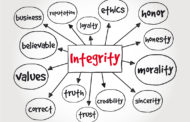By Michael Stern

The coronavirus pandemic has caused unprecedented disruption on a global scale. It is also affecting every community and every individual differently.
How can emotional intelligence help us navigate the turbulence of this situation?
Here are three essential emotional intelligence competencies to help you stay resilient and make wise choices, plus “micro-practices” you can use to cultivate these abilities in yourself.
Emotional Balance
Emotional Balance is the ability to keep disruptive emotions and impulses in check, recover quickly from setbacks, and maintain your effectiveness under stressful or even hostile conditions. Self-regulating in this way does not mean being devoid of feeling or repressing emotions. On the contrary, it means recognizing your emotions and being able to modulate them depending upon the situation, even when emotions are intense.

Micro-practice: Close your eyes if you wish. Take a moment to become aware of your current experience – sensations, emotions, thoughts, etc. Place one hand on your heart, the other hand on your belly. Notice the sensations of movement of your breath as you inhale, then as you exhale.
Use intention to gradually breathe more deeply. Notice the pauses between inhaling and exhaling. Continue like this for a few minutes, then allow your breath to return to normal and take note of what has changed.
Adaptability
Adaptability entails having the flexibility to respond effectively to change and balance multiple demands. You can adapt to new situations with fresh ideas, meet challenges as they arise, and adjust strategy or style based on what is needed most. In a time of increasing complexity and uncertainty, this is truly a key competency.
Micro-practice: Ask yourself a series of self-reflection questions to help find a positive perspective on the massive change that is occurring: What opportunities does this change present? What do I actually have the ability to control or influence? What is the next action I could take to start moving in a positive direction along with this change?
Positive Outlook

Positive Outlook is the ability to see the best in people, situations, and events. It allows you to stay focused and persistent despite the challenges that inevitably accompany growth and change. You see opportunity in situations where others see a setback. It’s a tendency toward an optimistic outlook that leads you to believe that changes will lead us to a better future.
Micro-practice: Each day for at least one week, write down three things that went well for you today. The items can be relatively small in importance (e.g., “my coworker acknowledged my effort”) or relatively large (e.g., “I finished writing my first novel”).
Write down exactly what happened in as much detail as possible. Include how this event made you feel at the time and how this event made you feel later (including now, as you remember it). Explain what you think caused this event. To make this exercise part of your daily routine, some find that writing before bed is helpful.
Coming Together
Although we face massive challenges, there is an equally significant opportunity to come together and support each other to make the best of a scary situation.
Practicing the positive habits of mind above helps us develop mindfulness and compassion and enables us to connect meaningfully with others and respond effectively to the challenges at hand.
We are in uncharted territory, and it’s okay to feel afraid or overwhelmed. We can choose to be compassionate with ourselves and each other and call on our curiosity, courage, and creativity.
Note: Definitions of emotional intelligence competencies are adapted from the Building Blocks of Emotional Intelligence: 12 Leadership Competency Primers series, © 2017 by More Than Sound, LLC





